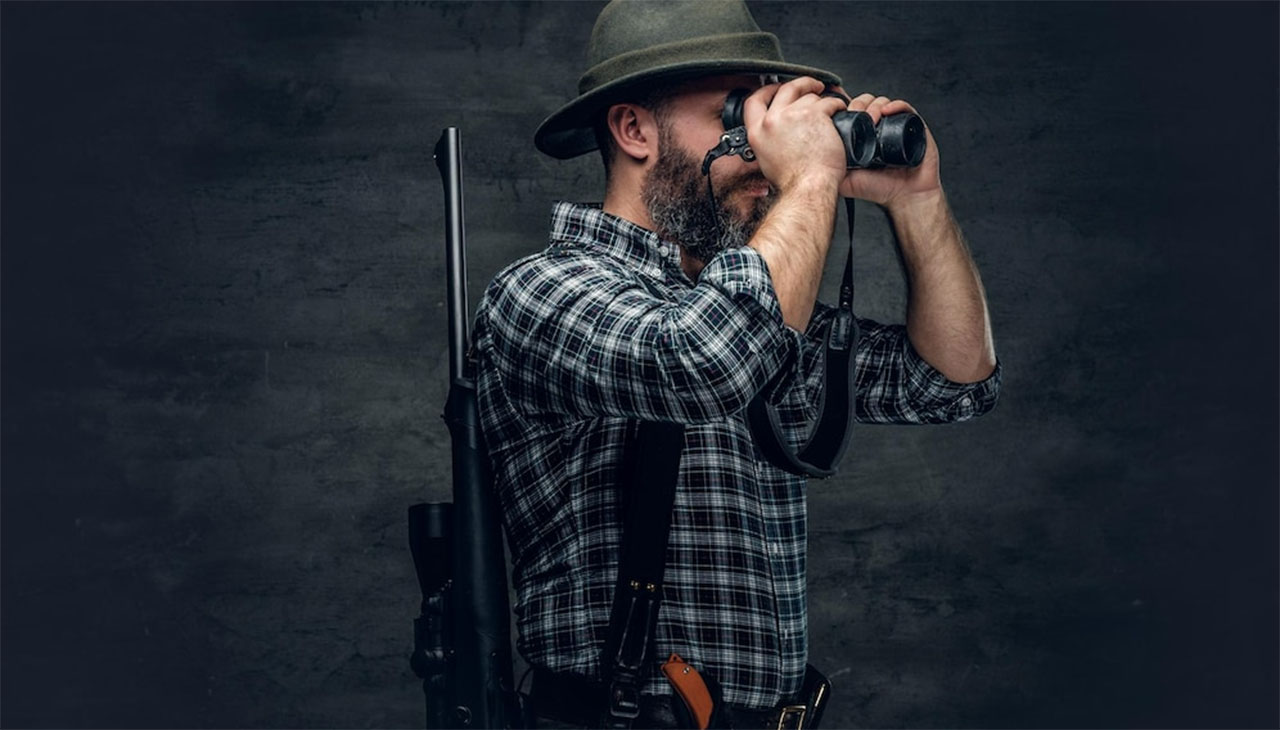Beyond Protection: The Role of Gun Shelters in Modern Society
In contemporary society, gun shelters serve a purpose that extends far beyond mere storage and protection. These establishments act as pivotal hubs for education, training, and community engagement, providing a safe and controlled environment for responsible firearm ownership. They foster a deep understanding of firearm safety, operation, and maintenance, grounding their practices in respect for the potential risks and consequences associated with firearms. Let’s delve deeper into the multifaceted role of gun shelters in today’s society.
Understanding Gun Shelters
Gun shelters, also known as gun safes or firearm lockers, are secure storage facilities specifically designed for firearms. They serve a dual purpose: protecting firearms from theft or damage, and preventing unauthorized access, especially from children or those not trained in their proper use. Gun shelters come in various sizes and security levels, from small portable cases for a single firearm to large, bolted-down vaults capable of storing an entire collection. Some advanced models even provide additional layers of protection, such as fire resistance or biometric access controls, ensuring that the firearms within are safeguarded to the highest degree possible. This physical security is a fundamental aspect of responsible gun ownership, but the role of gun shelters extends much further.
Safety and Security
In addition to the physical security provided by gun shelters, these facilities often play a vital role in promoting safe and responsible firearm handling practices. Many gun shelters offer educational programs and workshops aimed at instilling a solid understanding of firearm safety principles. These include proper storage, handling, cleaning, and usage of firearms, ensuring that each firearm owner is fully equipped to manage their equipment responsibly.
Furthermore, security extends beyond the individual owner. Gun shelters contribute to broader community safety by mitigating the risks of accidental discharges, unauthorized use, and theft. Many also cooperate with law enforcement and community organizations, promoting initiatives aimed at preventing gun violence and improving public safety. Thus, gun shelters are central to fostering a culture of responsible firearm ownership, underpinned by a firm commitment to safety and security.
Psychological Benefits
Gun shelters also offer psychological benefits that are often overlooked. For gun owners, knowing their firearms are securely stored can provide significant peace of mind. Additionally, the education and training experiences provided at these facilities can bolster confidence, as individuals become more proficient in handling their firearms safely. For some, participation in community activities associated with gun shelters can foster a sense of belonging, creating social bonds that contribute to overall personal well-being. Furthermore, the broader public can also benefit psychologically, knowing that such facilities are proactive in promoting responsible gun ownership and safety. In essence, gun shelters contribute to societal peace of mind by demonstrating a commitment to comprehensive firearm safety.
Community Impact
The impact of gun shelters on the community is multifaceted and profound. They serve as platforms for community engagement and education, bringing together diverse individuals who share a common interest in firearms. Through organized events, workshops, and training sessions, gun shelters foster a sense of community among participants. They also promote respect for firearms and an understanding of the responsibility that comes with ownership, thereby enriching the community’s overall knowledge base. In addition, gun shelters often partner with local law enforcement and community organizations, furthering their reach and influence in promoting safety and responsible firearm ownership. In essence, gun shelters play a crucial role in shaping a responsible, informed, and safety-conscious community of firearm owners.
Potential Concerns and Considerations
Despite the many benefits and roles of gun shelters, there are also potential concerns to consider. Critics argue that the existence of gun shelters may inadvertently promote the normalization of gun ownership, which could lead to an increase in firearm-related incidents. Others express concern over the potential for these facilities to be targeted by thieves, given the concentration of firearms in one location. Furthermore, there is the question of regulation and oversight. While many gun shelters adhere to best practices, there is potential for misuse or lax security measures, especially in facilities that are not subject to stringent checks or regulations. These concerns must be acknowledged and addressed, ensuring gun shelters continue to serve as positive contributors to society, fostering safety, knowledge, and community while effectively mitigating risks associated with firearm storage and use.
Conclusion
Gun shelters are central to the promotion of responsible firearm ownership and safe handling practices. Through physical security measures, educational programs, and community engagement initiatives, these establishments act as a vital bridge between firearms and society, helping to ensure that each owner is knowledgeable and equipped to manage their firearms safely. Gun shelters have far-reaching impacts on society; however, it is important to acknowledge and address any potential concerns that may arise, ensuring these facilities remain positive contributors to the community. With effective oversight, gun shelters can continue to serve as a cornerstone of responsible firearm ownership for years to come.

